We discuss some of the myths in this great post:
I’d still like to believe that forcing myself to smile will make me happy.
Podcasts, videos, and iPad art
We discuss some of the myths in this great post:
I’d still like to believe that forcing myself to smile will make me happy.
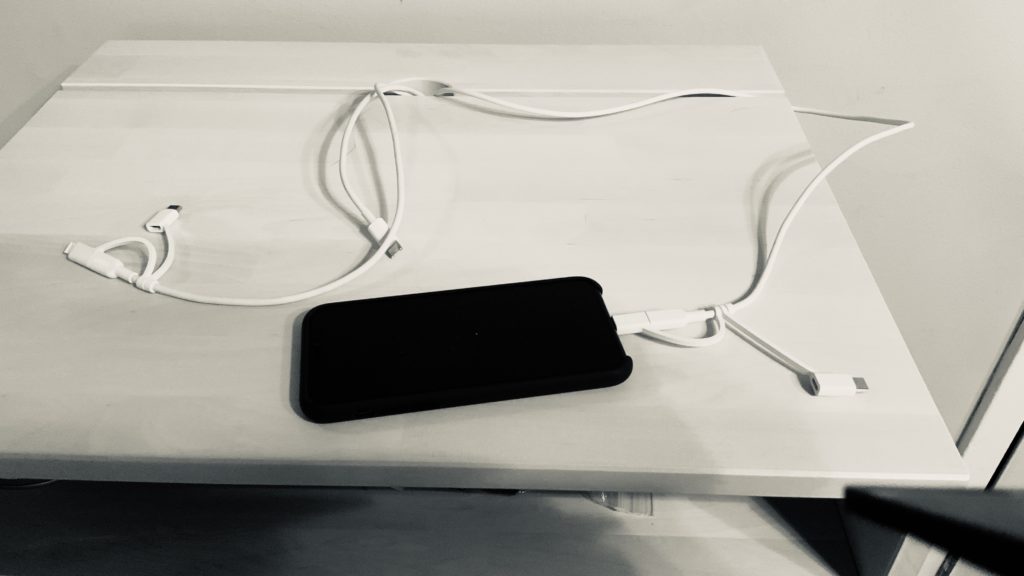
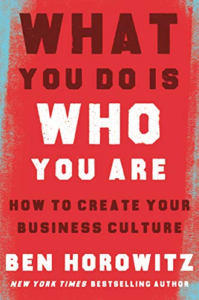
Check out the full notes for “What You Do Is Who You Are: How to Create Your Business Culture” by Ben Horowitz
Last week, I bought a physical copy of Ray Dalio’s Principles. I listened to the audiobook around when it was initially released but want to revisit it in text form. I want to come up with some set of principles to refer to and dig into on this blog. None will be original but the set and prioritization could be useful. A few that come to mind:
Something like that.
It’ll probably just end up being d.school principles with Tim Ferriss and Seth Godin mixed in. That could be fine.
Anyway, having those principles and values is useful, but I’ve been thinking a lot lately about how values would translate to action. Mostly because I finished reading Ben Horowitz’s book What You Do is Who You Are recently and he writes about creating “shocking rules”:
Here are the rules for writing a rule so powerful it sets the culture for many years:
It must be memorable. If people forget the rule, they forget the culture.
It must raise the question “Why?” Your rule should be so bizarre and shocking that everybody who hears it is compelled to ask, “Are you serious?”
Shocking rules turn company values into individual actions day to day.
On a personal level, you can have shocking rules to translate your own life values into action. And it helps to check the daily rules you have for yourself right now to see if they align to things you say you value.
I say I want to put health and fitness first. Some mornings I wake up, zombie walk to the couch and then get stuck looking at newsletters and deals on my phone. I’ve been trying to put a shocking rule in place: only use the phone when it’s charging on our entryway stand. (I learned about the technique in a Cal Newport post.) It’s like putting your less-present, auto scrolling self on a leash.
To put health first, I want to make movement the very first thing in my day. The workout I think I could do on most days would be:
(You might recognize the 100 swings, 10 get-ups as Simple & Sinister.)
It really is pretty straightforward, but I’m still thinking about removing the friction involved in it. Sometimes I need to pack my bag to go or need to do some other things that aren’t movement and then I eventually get stuck to the couch scrolling away.
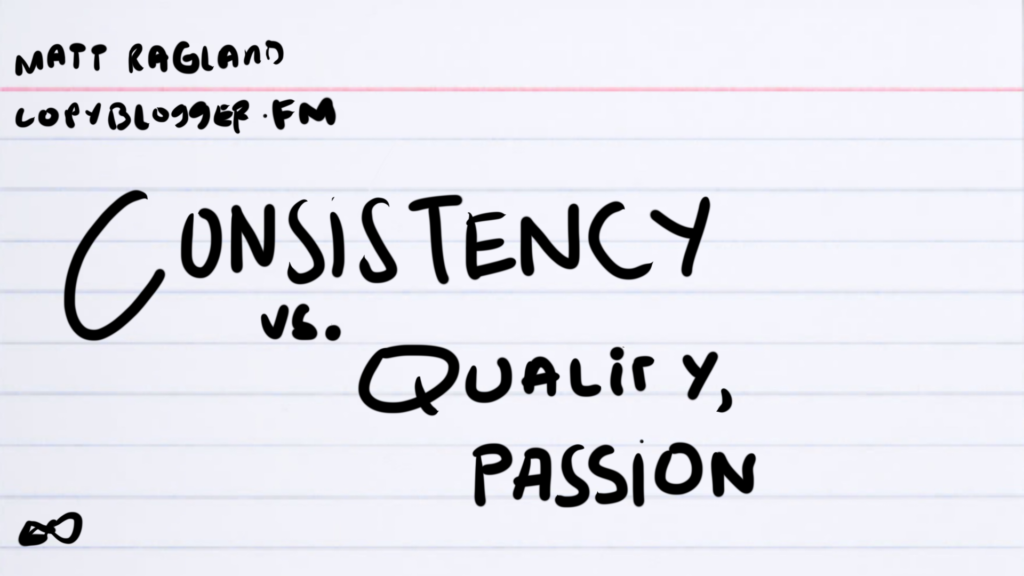
Found this really inspiring. Matt Ragland talks about the importance of consistency in putting his channel together.
Over the past couple years (and over the past couple weeks, even) I’ve bounced around from trying to do audio, or text, or text and audio, or video, or timelapses, or a newsletter or every combination of those things. Now I’m trying to get back to good old blogging because it’s the place that lets me share with the least friction. (On this episode, Ragland mentions working the “consistency muscle”.)
I liked what Darrell (host of Copyblogger FM) shared: consistency will take you much farther than passion will.
I’m making up these numbers, but I’d say it’s worth the tradeoff to lower the quality, say, 30% if it results in being 300% more consistent.
We’re talking about “Atomic Habits” by James Clear
Previous episode:
63: “Atomic Habits”
http://active-recall.com/atomic-habits/
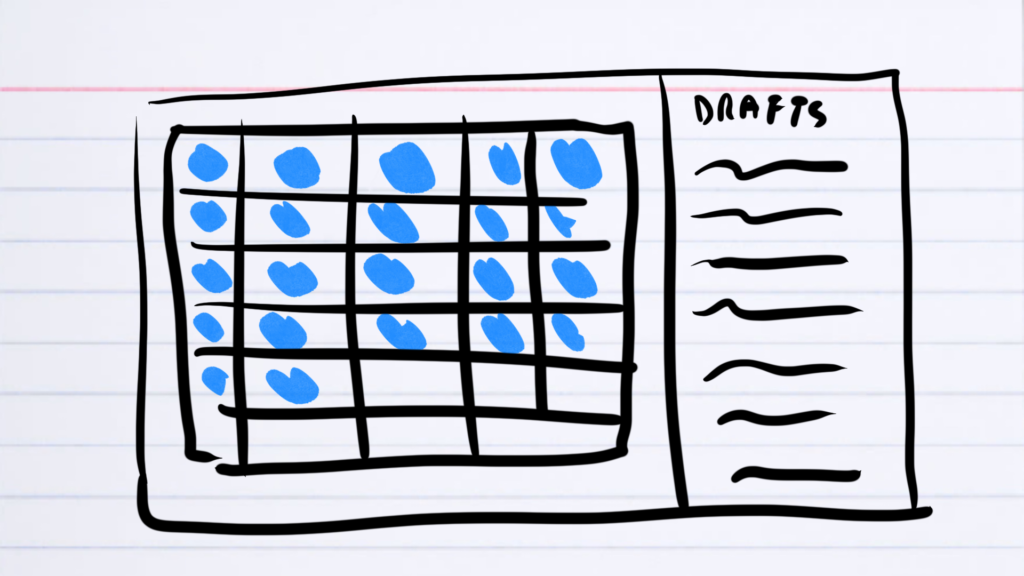
I started using a WordPress plug-in that gives you a calendar view of your posts:
This is another step toward writing in the editor by default. Asking ‘why’ a couple more times:
Okay so the good thing is that I can plan out posts and stick to the schedule. I can build trust in some past self that deemed this order of content the proper order of things. If I have something that’s really exciting to me at the moment, then I can bump it up sooner but at least do a quick check to rank it against other ideas I wanted to write about.
There’s also a view for opening up a small text-only editor. It’s the right amount of space for me to jot some topics down and add a quote. At the same time, it reminds me not to go too deep into the post yet.
If I’m good about things, I’ll always have a book quote and some bullet notes ready to write about first thing in the morning. Then I can create before consuming.
Summary: Having a calendar is helpful, who would’ve thought???
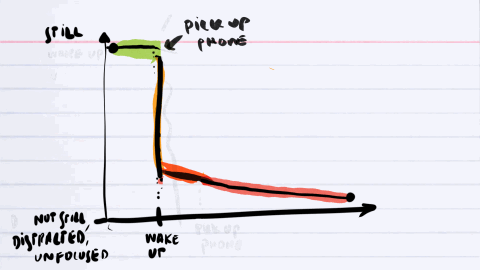
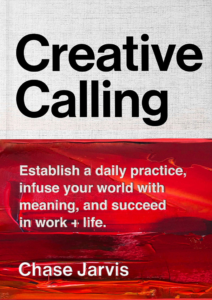
Check out the full notes for “Creative Calling: Establish a Daily Practice, Infuse Your World with Meaning, and Succeed in Work + Life” by Chase Jarvis
I’m reading Creative Calling by Chase Jarvis (I’ll write a book stack update tomorrow). I’ve listened to Chase Jarvis’s podcast for a few years and his appearance on Tim Ferriss’s podcast is one of those episodes that, if it were a book, I would put face out on the bookshelf. I was excited to see that he released an actual book.
It’s got a lot of practical advice for living a creative life and building creative practice into your day. One good time to try out: first thing in the morning. One way to make this work: aim to create something before you start consuming things.
If the first thing you do each day is pick up your phone and cruise all your favorite creators and entrepreneurs for inspiration, you probably end up feeling anxious or depressed that you’re not far enough along. The simple act of creating something with intention first, before consuming the work of others, alters the dynamic.
In Stillness is the Key, Ryan Holiday writes about the importance of protecting your mind from all of the inputs of the outside world.
The way you feel when you awake early in the morning and your mind is fresh and as yet unsoiled by the noise of the outside world—that’s space worth protecting. So too is the zone you lock into when you’re really working well. Don’t let intrusions bounce you out of it. Put up barriers. Put up the proper chuting to direct what’s urgent and unimportant to the right people.
You have stillness when you wake up.
There are a few things you can do to maintain that stillness1. One thing you can do is create something without any inputs—journal, draw, take some pictures.
Once that’s done then you can get on with the millions of things you do that break that stillness.